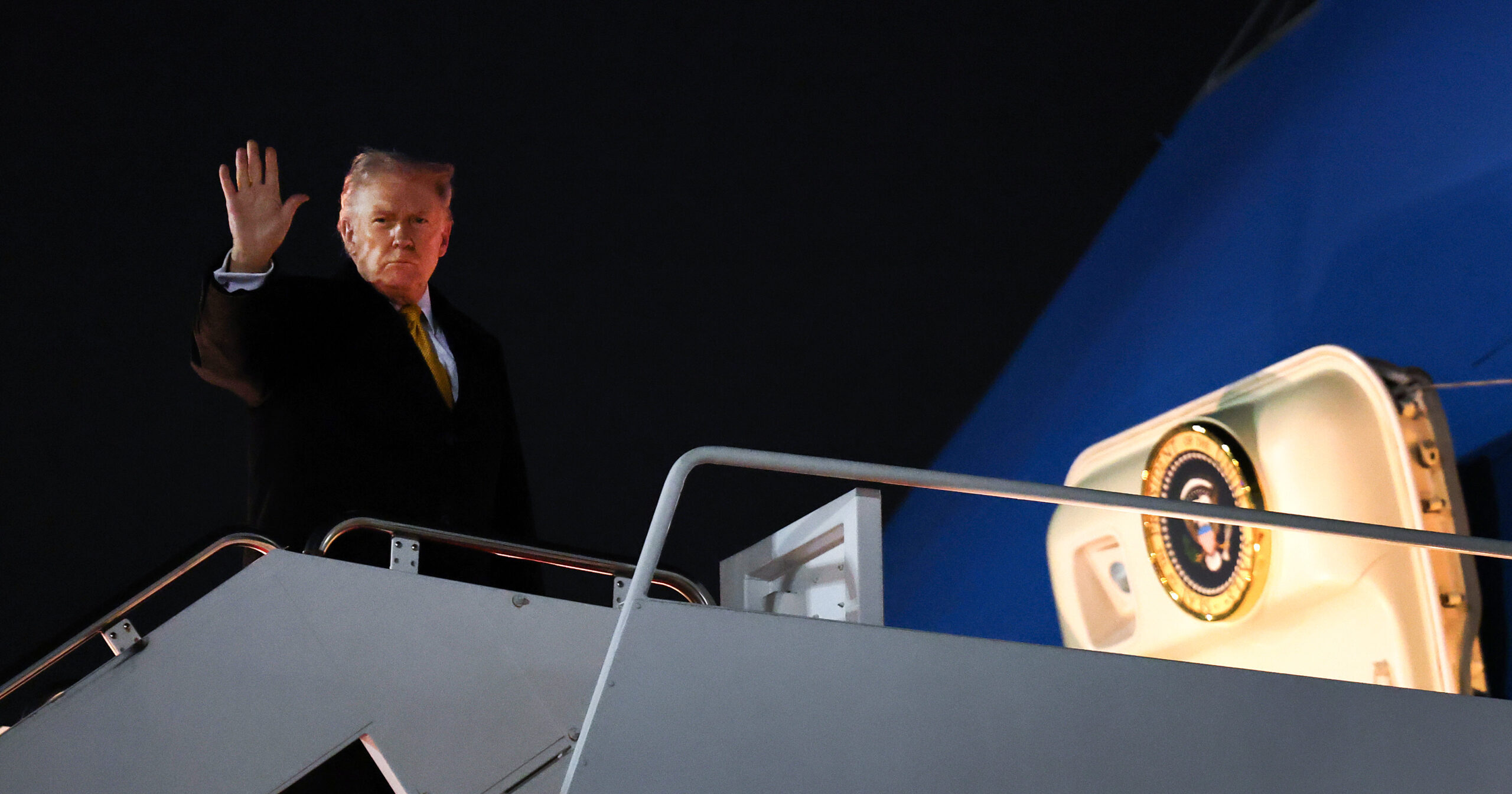When President Donald Trump returned to office in January, he immediately benefited from serving a nonconsecutive term. He and his team hit the ground running, matching first-term energy with second-term experience.
An American president hadn’t served nonconsecutive terms since Grover Cleveland 132 years ago, so what Trump was doing was without precedent in the modern political era. There was no telling how it would go.
Over time, some of the downsides of this unusual situation, at least from the perspective of the MAGA movement and the broader Republican Party, have become apparent. The second term is a legacy term and Trump—who has now admitted the 22nd Amendment bars from seeking a third term and been briefed by GOP congressional leaders about the virtual impossibility of changing that in time for the 2028 election—has devoted more time to that than the types of things that would help an incumbent win reelection.
Unlike in his first term, Trump hasn’t really spent much time barnstorming the country. He stayed off the campaign trail in this year’s elections (although that may have been in an effort to help Republican candidates in places like Virginia and New Jersey, where he did not win even at the peak of his political comeback). But he has traveled to foreign countries.
First-term Trump talked a lot about the economy, until the pandemic—and the ruinous establishment advice he largely heeded in attempting to mitigate its spread—wrecked it just in time for the 2020 campaign. Trump would have probably won a second consecutive term without Covid-19 and Anthony Fauci.
Trump has talked about it less, until recently. And when he initially started talking about it again, he was defensive about the economy’s performance under his watch, much like the former president Joe Biden. Trump has a case to make, even if he is prone to exaggerate it. Both things were true for Biden as well, and he simply wasn’t able to alleviate voters’ concerns about inflation and the high cost of living by pointing to incremental improvements or other, better economic data points.
Democrats don’t really understand what inflation is or what causes it, which is why they call the problem “affordability” and many of their proposals for dealing with it are at least arguably inflationary themselves. But Trump has spent much of his time jawboning companies and the Federal Reserve while seeking quick fixes.
At the same time, Trump decided to concentrate on his more transformational economic goals, including his sweeping tariffs agenda, rather than the immediate cost-of-living problems that won him the 2024 election. That is something a second-term president who isn’t seeking reelection would do. Trump’s first-term tariffs were smaller and more selective. They were also imposed during a period of genuinely low inflation.
Maybe Trump’s grand vision will be vindicated. Maybe it won’t be. Reaganomics did not deliver in time for Republicans to salvage the midterm elections and nevertheless became Republican economic orthodoxy for more than 40 years. But these are still the priorities of a man who never expects to face the voters again, or to have another chance to restructure global trade for America’s benefit. And the plain fact is that voters are less convinced of Trump’s economic acumen than ever before.
CNN political analyst Harry Enten points out that Trump is receiving some credit from voters for his focus on foreign policy. (Though George H.W. Bush’s single term in the White House is a grim reminder of how fleeting that can be when the economy is suspect.) But that only goes so far. Part of the reason Trump was assigned so much of the blame for a government shutdown the Democrats obviously caused was that he was so focused on international affairs. The reasoning went that if he can secure even a temporary ceasefire between the Israelis and Hamas in Gaza, surely he can strike a deal to reopen the government.
Trump is seeking to end various wars to enhance his legacy as a peacemaker, but not in the way many of his voters imagined. In some cases, he wants to end wars by becoming (he hopes) modestly and temporarily involved in them. Again, maybe it will work, but we’ve heard of wars to end all wars before. For the most part, first-term Trump didn’t do this.
Subscribe Today
Get daily emails in your inbox
If Republicans lose control of even just one house of Congress next year, foreign policy is all Trump is going to be able to conduct—when he isn’t fighting off impeachment inquiries.
Even the White House ballroom stuff is the sort of thing a president does with his future reputation, rather than his future electoral prospects, in mind. And while only the Trump-deranged will automatically assume this is proof he never intends to vacate the premises, it is a bit off-message when times are tough.
Trump has never been focused enough on the political sustainability of his policies and actions, nor does he wear well with independents and suburbanites over time. For Vice President J.D. Vance and the rest of the party, that problem is magnified by the fact Trump himself won’t face the consequences at the ballot box.
